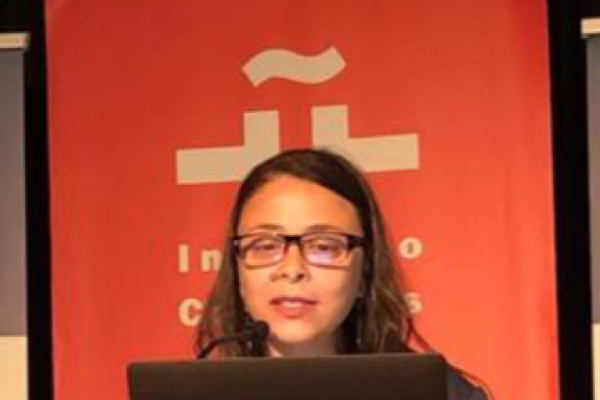
Mon, September 18, 2023
6:00 pm - 7:00 pm
Hagerty Hall 180- Register to attend
Join the Center for Latin American Studies for a talk with Professor Abeer Abdelhafez Abdelaal from Cairo University.
This talk will take place in a hybrid format, at Hagerty Hall 180, and also via CarmenZoom (a virtual link will be provided and the session will be recorded) . After the 40-minute talk, we will host a 20-minute Q&A session. Please register on the link below to attend.
